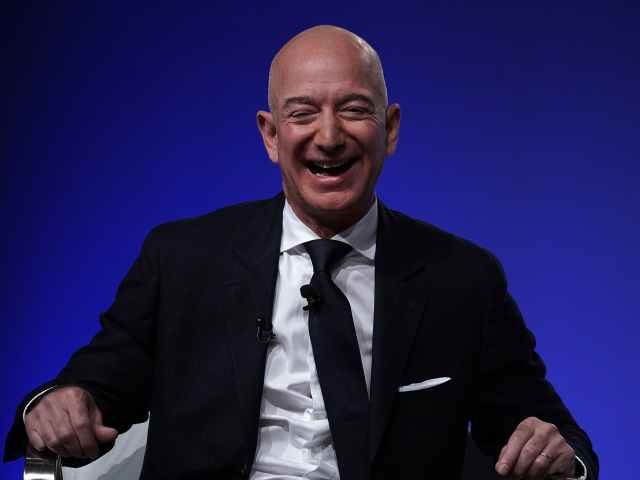Amazon, which has been the world’s largest bookseller for over two decades, recently launched a publishing house that could permanently change the book industry.
According to a report from the Wall Street Journal, Amazon has recently started publishing books through its own publishing house. The news is concerning for some, considering the access that Amazon has to customers.
Consider the case of author Mark Sullivan, who sold a book to Amazon’s new publishing house in 2015. Sullivan’s book was emailed to Amazon First Read’s 7 million email subscribers in a newsletter that exclusively promoted books published by Amazon’s house. Shortly after the newsletter was sent, Sullivan’s book received 300,000 digital downloads. Since then, Sullivan’s book has sold 1.5 million copies in digital, physical, and audio formats.
The Seattle-based giant houses 15 imprints in the U.S. under the Amazon Publishing banner, turning out everything from thrillers to romance novels to books translated from other languages. Amazon published 1,231 titles in the U.S. in 2017, up from 373 in 2009, the year it entered the $16 billion-a-year consumer book publishing business.
To promote these works, it has tools other publishers can only dream about owning, including Amazon First Reads and Kindle Unlimited, Amazon’s e-book subscription service. Together, they reach an estimated 10 million or more customers who can read offered titles with a few keystrokes.
Despite the concern over Amazon’s newfound control over the publishing industry, some authors have hit it big as a result of the tech giant’s recent foray into publishing.
An Amazon spokesman said thousands of self-published authors in 2018 “earned more than $50,000, with more than a thousand surpassing $100,000 in royalties.” The spokesman declined to say how many self-published books using Amazon technology were published last year. “Hundreds of thousands of authors have self-published millions of book since 2007,” he said.
Some have hit it big. Laurie Ann Starkey, a certified public accountant, quit her job in 2014 to become a full-time writer. She now owns a small independent press and employs 10 people as editors, managers and social-media staff. She generated $1.15 million last year in gross revenue, she said, mostly from her own books. About 89% of her sales were from Kindle Unlimited.
The traditional publishing industry may face the same sort of existential threat as the retail industry has as Amazon enters into their line of business.

COMMENTS
Please let us know if you're having issues with commenting.